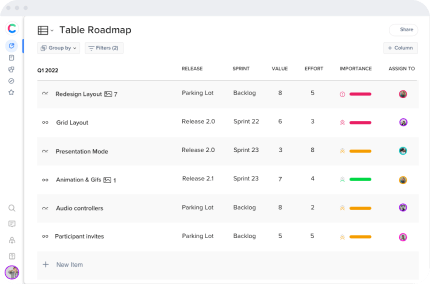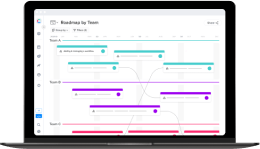Ideas versus opportunities
Idea versus Opportunity (IVO) refers to the need to separate between an objective, coherent, and existential opportunity and a practical, vague idea. Although the terms “idea” and “opportunity” are frequently used interchangeably in business, there is a significant distinction between the two. Simply put, a business idea is a notion that has the potential to generate revenue, whereas an opportunity is a business prospect that has demonstrated economic worth. Understanding the difference between an idea and an opportunity is critical to prevent wasting valuable time and resources.
The importance of Idea versus Opportunity
After all, everyone comes up with an idea at some point in their lives-perhaps even multiple times a day! However, how much potential does that solution have? Is it merely a “thought experiment”? In other words, is the problem you’re fixing widespread or disruptive enough to create a viable opportunity for your company?
How can you determine the difference between an idea and a potential business opportunity?
The Benefits of Idea versus Opportunity
A business opportunity is a concept that has the potential to grow into a profitable enterprise that has a niche in one or more markets, as defined by the SBA. It is referred to as an “opportunity” if it meets the following criteria:
High gross margins are expected in the future.
It has the potential to generate a profit within 12 to 36 months.
It is supported by a team that is highly devoted and passionate.
Only low-level or manageable risks are encountered (and robust contingencies are in place).
How to use ideas versus opportunities
What is the best way to turn a concept into a business opportunity?
A business plan is required to turn a concept into a feasible company opportunity. Look for opportunities in the market and determine how your product or service might fill those gaps. You must also examine which resources you will require to bring your opportunity to fulfillment while you are in this location (funding, a competent team, effective leadership, manufacturers, etc.). When it comes to producing money and capitalizing on trends, knowing the difference between ideas and opportunities is critical to success.
For example, let’s assume you are a musician and want to record an album and release it. Is your album an idea or an opportunity? Here is a step-by-step procedure to figure it out:
- Is your album going to succeed in the market? If you can’t answer this question yet, you haven’t put your idea into a research paper, which is a critical element of spreading opportunities from ideas. Also, any record label will most likely request this from you before even considering working with you.
- Make an album proposal. Prepare to answer some essential questions about your business plan. Such as what age will we address? What is the size of your audience now? Did you previously release any material? How well did it perform? What is going to be the costs of making and marking the albums?
- If the answer to this question and others leads you to conclude that your album will answer the market’s need and has demand and high-profit potential, you need to transform an idea into an opportunity.


